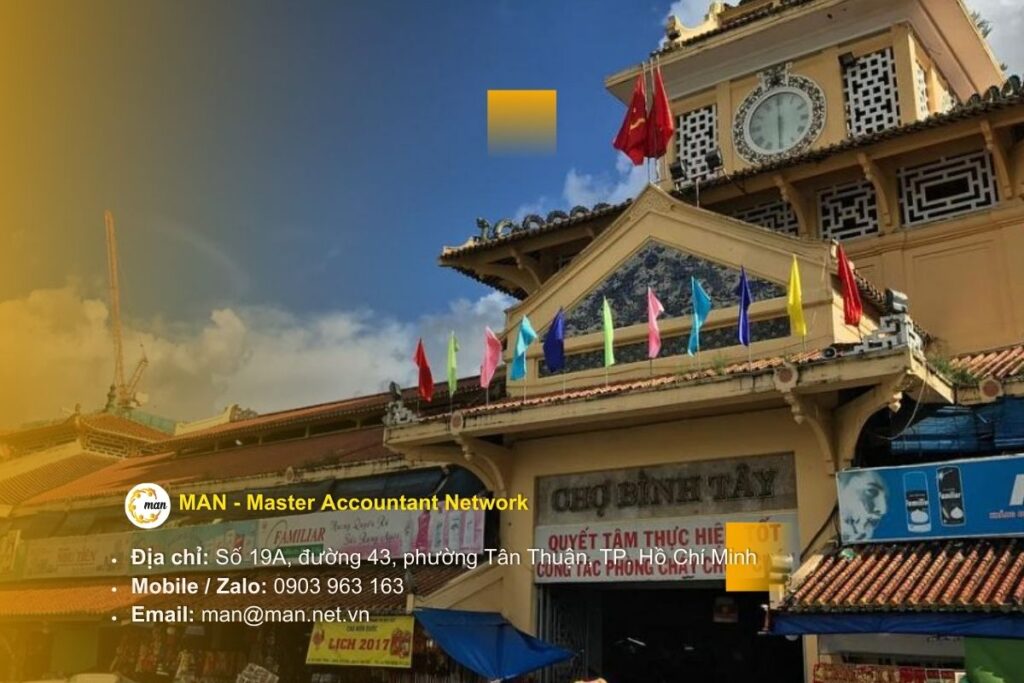The Economic and Financial Committee recommends considering the implementation of incentives and then collecting a global minimum tax, to avoid wasting social resources.
Vietnam will apply a global minimum tax from the beginning of 2024. The tax rate is 15% for multinational enterprises with a total consolidated revenue of 750 million euros (about 800 million USD) or more in two of the four most recent years. According to a review by the tax authority, about 122 foreign-invested corporations must pay this tax in Vietnam.
At the meeting on the afternoon of March 10 of the National Assembly Standing Committee on the Law on Corporate Income Tax (amended), Mr. Phan Van Mai, Chairman of the Economic and Financial Committee, said that the draft law offers huge tax exemption and reduction incentives for foreign-invested companies, but collects additional corporate income tax (15%) from this group to implement the global minimum tax policy.
Mr. Mai believes that this regulation will create a heavy burden on compliance and management costs for taxpayers and tax authorities, wasting social resources. Therefore, the Standing Committee of the Economic and Financial Committee recommends that the Ministry of Finance - the drafting agency - reconsider the preferential exemption and reduction of corporate income tax for entities subject to the global minimum tax. In case the incentives are still maintained and this tax is collected, the reviewing agency recommends that the Ministry of Finance provide a more appropriate explanation.

Mr. Phan Van Mai, Chairman of the National Assembly's Economic and Financial Committee, spoke on the afternoon of March 10. Photo: National Assembly Press Center
Contributing his opinion, National Assembly Chairman Tran Thanh Man said that the Ministry of Finance needs to have a more convincing explanation of preferential regulations for foreign investors subject to global minimum tax.
According to him, this policy is related to about 1,000 foreign enterprises out of a total of 900,000 enterprises operating in Vietnam, but growth currently depends on 70-72% of the FDI sector.
"If tax exemption is followed by additional corporate income tax collection, it will generate additional compliance costs for businesses, management costs for the State, and reduce the effectiveness of incentive policies to attract investors," the National Assembly Chairman said, while requesting that agencies coordinate to come up with the most optimal solution to handle this issue.
Explaining later, Deputy Minister of Finance Cao Anh Tuan said that currently only about 1,000 enterprises are subject to the global minimum tax, the tax rate of 15%. To avoid disadvantages, Mr. Tuan suggested that a separate resolution should be issued to handle this issue.
In addition, the leaders of the Ministry of Finance also want to keep the content as in the draft, that is, assign the Government to guide implementation if the OECD has more favorable regulations on taxing rights (expanding taxing rights) for income source countries, including Vietnam.
On January 21, US President Donald Trump signed a memorandum announcing the withdrawal US withdraws from global minimum tax deal.
Deputy Minister Cao Anh Tuan said that the agency is reviewing “very carefully, consulting with the OECD” when reviewing to issue a decree guiding the implementation of Resolution 107 on the application of global minimum tax. This is to avoid negative reactions from all parties, especially the US. He added that the agency is negotiating and working with a number of US businesses to ensure that there are no adverse reactions when implementing.
Vice Chairman of the National Assembly Vu Hong Thanh, in his conclusion, requested the Ministry of Finance to explain more convincingly about tax incentives for foreign investors subject to global minimum tax and design the most optimal solution to handle this issue.
The global minimum tax is an initiative promoted by the Organisation for Economic Co-operation and Development (OECD) to end tax competition between countries and ensure that large corporations pay their fair share. The agreement, agreed in October 2021 by nearly 140 countries, including major economies such as the European Union (EU), China and India, gives countries where products or services are sold the right to tax large multinationals, even if they do not have a physical presence.
With Vietnam, at the end of last year the Government Proposal to establish an Investment Support Fund with stronger policies to retain and attract large corporations in the semiconductor and AI sectors when applying global minimum tax.




